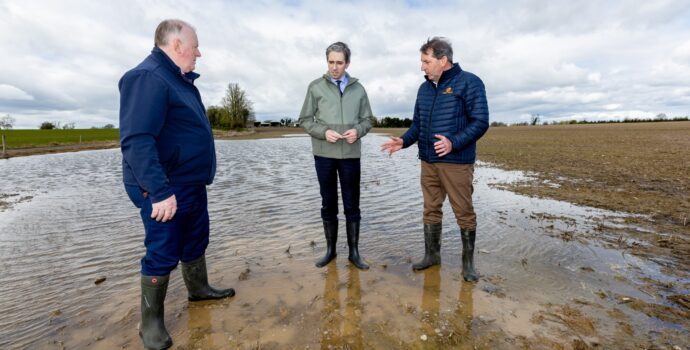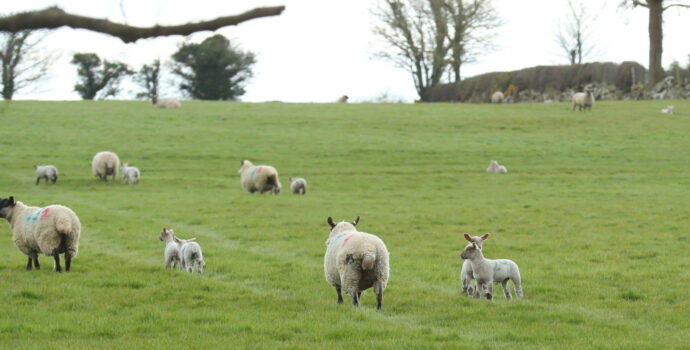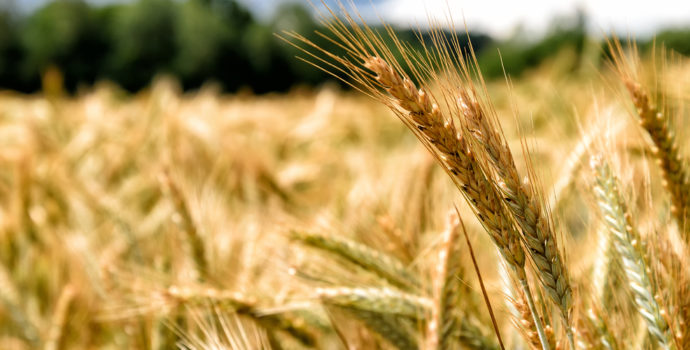IFA Says Irish Agri-food Sector Cannot Be Used as a Bargaining Chip in Eu-us Ttip Trade Talks

Following meetings with senior officials in the EU Commission in Brussels this week, IFA President John Bryan has warned that the EU Trade Commissioner Karel de Gucht cannot be allowed to sacrifice the important agriculture sector in countries like Ireland and France as a bargaining chip in the TTIP (Transatlantic Trade and Investment Partnership) trade negotiations between the EU and the USA. The second round of TTIP negotiations between the EU and US will take place in Brussels next week.
John Bryan said the TTIP negotiations could inflict severe damage on our important agricultural sector and particularly our livestock and dairy sectors. He said Ireland must insist that the EU makes our most important indigenous industry, the agri-food sector, a red line issue in these negotiations. The IFA President said “I want the Taoiseach and the Irish Government to insist that the EU Commission strongly defend our agricultural sector, which is vital to our economy”.
John Bryan told the EU Commission that European producers and consumers will not accept food imports from production systems where the use of hormones in beef, BST growth promoters in milk and the beta-agonist drug ractopamine in cattle and pigs – all banned in Europe – is common practice. He said “Europe cannot agree to any imports which fail to meet EU standards on the critical issues of food safety, traceability, environmental protection and animal welfare”.
The IFA President said Commissioner De Gucht is already talking about ‘watering down’ European standards and ‘striving for the mutual recognition of our regulations across a broad range of sectors’. This is very concerning for both consumers and producers when it comes to critical issues like food safety and environmental controls.
He said there is a real fear that large concessions to the USA on beef imports in these talks would severely damage Ireland’s agri-food sector and threatens thousands of jobs. “As the largest beef exporter within the European market, a deal involving a substantial increase in beef imports from the US would inflict severe damage on the Irish livestock sector.”
The IFA President said, “In the current EU/Canada negotiations, the EU Commission trade negotiators have been weak, granting Canada access for a substantial volume of beef imports into the EU. There is no doubt the USA will be seeking a major increase in the volumes they already have on the valuable EU beef market”.
John Bryan said the EU negotiating position is failing European producers. “Sensitive product- status is not delivering the appropriate protection because the EU is allowing it to be undermined by granting large tariff-free quotas”. In addition, through the TRQ system, the US will cherry pick the EU market with high value steak cuts resulting in a disproportionate negative impact on prices.
John Bryan said any increase in beef imports into the European Union will have very damaging economic, environmental and social consequences across rural communities in Ireland and Western Europe that depend on livestock production for their livelihoods.
A recent IFA study of the importance of the Cattle and Sheep sectors to the Irish economy by Professor Alan Renwick from UCD shows that the €2.3bn output at farm gate level creates total economic output of €5.7bn. In addition, the Irish cattle and sheep sectors support 100,000 farmers and over 50,000 jobs in the wider economy.




